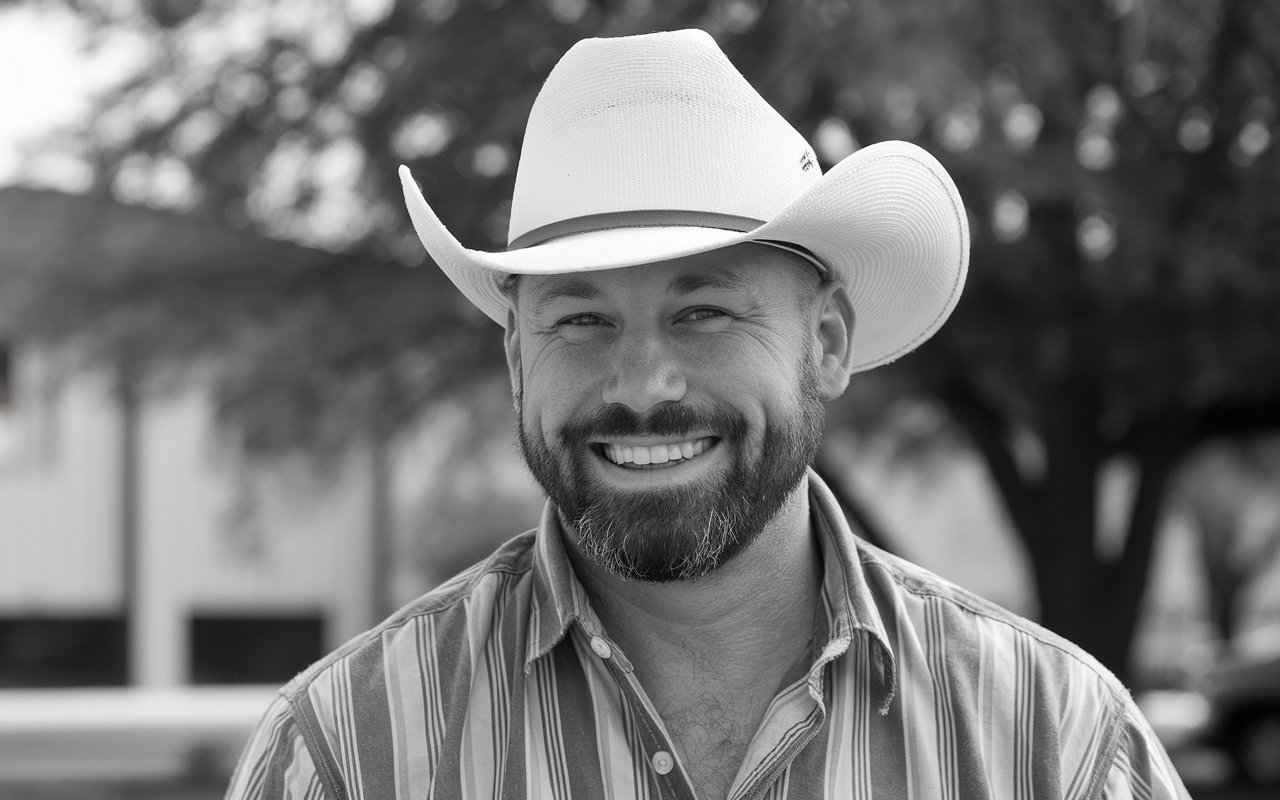In politics, facts are not always king. If you’ve ever wondered why someone clings to an idea despite overwhelming evidence to the contrary, the answer lies in a simple yet profound truth: people believe what they want to believe.
This phenomenon is not rooted in logic—it’s a product of human psychology. Beliefs are shaped by identity, emotions, and a deep desire for consistency. As a political campaign, understanding this concept is key to crafting messages that resonate, inspire, and ultimately persuade.
Why People Believe What They Want
At its core, belief is about more than facts—it’s about comfort, belonging, and validation. Here’s why people often choose belief over reality:
Identity and Tribalism
People align their beliefs with the groups they belong to. Political affiliation, religion, or community ties often serve as filters for what information they accept. Changing beliefs can feel like betraying their identity or tribe.- Example: A voter may dismiss facts about climate change if their political party denies it because agreeing would feel like rejecting their group.
Confirmation Bias
The human brain is wired to seek out information that supports existing beliefs and reject information that contradicts them. This bias allows people to protect their worldview and avoid the discomfort of doubt.- Example: A supporter of a candidate will eagerly share positive headlines about them but dismiss scandals as “fake news.”
Cognitive Dissonance
When new information conflicts with someone’s beliefs, it creates mental discomfort. Instead of changing their beliefs, people often reinterpret or ignore the evidence to reduce this discomfort.- Example: A voter might justify a politician’s controversial action by saying, “They had no choice,” rather than reconsidering their support.
- Emotional Anchors
Beliefs are often tied to emotions, not logic. Fear, hope, pride, and anger are powerful forces that shape how people view the world. If a belief makes someone feel good—or protects them from fear—they are more likely to hold onto it.
The Role of Belief in Campaign Messaging
If people believe what they want to believe, how do campaigns use this to their advantage? The answer lies in meeting voters where they are emotionally and aligning your message with their values and desires. Here are some strategies:
1. Frame Messages Around Identity
People are more likely to believe a message that aligns with their sense of self. Campaigns should craft narratives that reinforce voters’ identities and values rather than challenging them.
- How to Do It: Instead of saying, “Your side is wrong,” say, “Your values are why we need this change.” This approach invites people to see the campaign as an extension of their identity.
2. Leverage Emotional Triggers
Since emotions drive beliefs, campaigns that connect with voters’ feelings are far more effective than those that rely on facts alone.
- How to Do It: Use stories to illustrate policies. For example, instead of citing statistics about healthcare, share a story about a family whose life was transformed by access to affordable care.
3. Simplify Complexity
Beliefs thrive on simplicity. People are more likely to accept a clear, memorable message than a nuanced explanation.
- How to Do It: Create slogans or soundbites that encapsulate your message in a way that’s easy to remember and repeat. Think “Yes We Can” or “Make America Great Again.”
4. Tap Into Social Proof
People tend to believe what others around them believe. Highlighting broad support for your campaign can nudge undecided voters toward aligning with the majority.
- How to Do It: Use testimonials, endorsements, and statistics to show momentum: “Thousands of voters in our community have already joined us—don’t be left behind!”
The Risks of Ignoring Belief Systems
Campaigns that dismiss or challenge voters’ deeply held beliefs head-on often backfire. When a message feels threatening, people double down on their beliefs rather than reconsidering them. This is why campaigns must tread carefully, finding ways to reframe the conversation rather than forcing confrontation.
- Example of Failure: A campaign ad that insults or mocks the other side’s supporters only strengthens their resolve.
- Example of Success: A campaign that reframes an issue to show shared values can build bridges and win over skeptics.
How Next Generation Can Help
At Next Generation Political Consulting, we understand that winning campaigns aren’t built on facts alone—they’re built on understanding what voters believe and why. Here’s how we can help you leverage this insight:
- Voter Insights: We dig deep into what motivates your audience, uncovering the emotional drivers behind their beliefs.
- Message Development: We craft messages that align with voters’ values while subtly reshaping their perspectives.
- Behavioral Science Expertise: Using proven techniques, we create strategies that influence belief systems without triggering resistance.
Final Thoughts: Belief Is the Battlefield
In politics, facts may set the stage, but beliefs determine the outcome. People believe what they want to believe—not because they’re irrational, but because beliefs serve as anchors in an uncertain world. Successful campaigns recognize this reality and focus on meeting voters where they are, building trust, and inspiring action.
Are you ready to craft a campaign that doesn’t just inform but transforms? Let’s start the conversation. Together, we can create messaging that wins hearts, minds, and elections.

